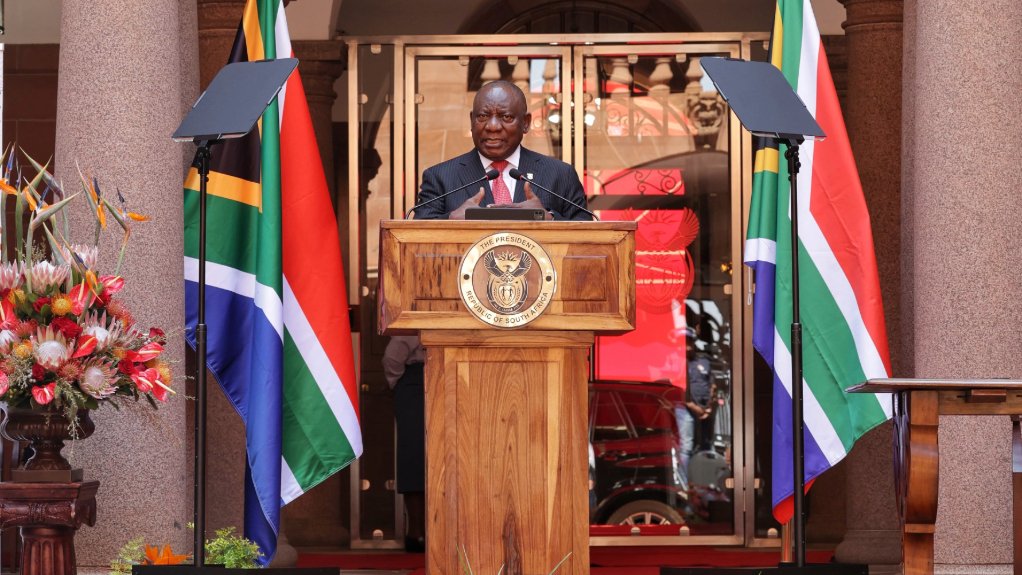President Cyril Ramaphosa noted on Monday that African countries need to work together to ensure that development, poverty eradication and job creation remain at the centre of the national agenda.
Ramaphosa wrote in his weekly letter to the nation that alongside the other nations of the world, countries need to speed up the pace of progress so that they can realise the aspirations of the Pact for the Future and achieve the Sustainable Development Goals by 2030.
He announced that when South Africa assumes the presidency of the G20 later this year, it will prioritise the needs and aspirations of the continent and the Global South.
South Africa will from December 1 to November 2025 assume the G20 Presidency. This is about five years before the deadline of the United Nations (UN) 2030 Agenda for Sustainable Development.
He highlighted that for many countries in Africa and the Global South, the cost of servicing their debt is diverting much-needed funds for development, noting that as a signatory to the Pact for the Future, South Africa wants people-driven, sustainable development to become a reality.
Last week, South Africa attended the UN General Assembly Summit, which culminated in the adoption of a Pact for the Future, which reaffirmed that extreme poverty is the greatest global challenge.
It seeks to hold member States to their existing commitments to supporting sustainable development.
Ramaphosa noted the UN estimation that the world needs about $4-trillion to achieve these goals, highlighting that leaders of the world need the political will to dedicate the necessary resources to where they are most needed.
He pointed out that many countries, particularly those with developing economies, are falling behind in meeting their targets, mainly owing to a lack of funds.
“All the nations of the world have a right to development, and better resourced countries have a responsibility to support countries with developing economies to achieve the Sustainable Development Goals,” he said.
In South Africa's address to the UN General Assembly last week, Ramaphosa reiterated South Africa’s position that sustainable development can only be achieved when it is being driven by “inclusive, responsive and agile” multilateral institutions.
He explained that this meant that bodies like the UN and financial institutions like the International Monetary Fund need to be fundamentally reformed.
Ramaphosa noted the Covid-19 pandemic, which he said had exposed the serious shortcomings of the international financial architecture.
“Low-income countries struggled to get financial and other forms of assistance from multilateral institutions to support their pandemic response. Onerous lending requirements and overly bureaucratic systems meant that many poorer countries were unable to get help when they needed it most,” he said.
He added that, similarly, developing economy countries also struggle to get the funds they need, at sufficient scale, to respond to climate change and its impact.
“…this is largely because the northern hemisphere countries that are largely responsible for the damage to the climate have not met the commitments, they made at the UN Climate Change Conference in Paris in 2015,” he explained.
EMAIL THIS ARTICLE SAVE THIS ARTICLE ARTICLE ENQUIRY
To subscribe email subscriptions@creamermedia.co.za or click here
To advertise email advertising@creamermedia.co.za or click here











